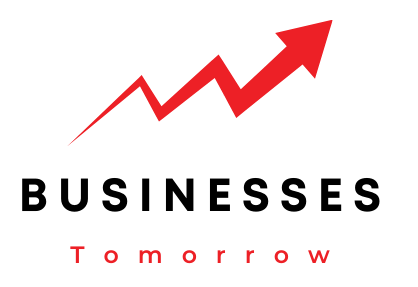Medical billers process patients’ medical bills for inpatient and outpatient services from hospitals, clinics, physicians, labs, and other healthcare providers. They follow up with insurance companies to collect payment for services rendered. The overall purpose of billing is to ensure that patients receive proper care from their healthcare providers while paying their fair share of any services they receive.
Certified Medical Coders
Medical coders are responsible for transforming physician notes into codes to submit to insurance companies for payment. Coders reconcile patient records, registration forms, procedure reports or summaries, appointment cards, laboratory test results, or X-rays films. Also, medical coding and billing specialists have excellent listening skills, good data entry skills with a high degree of accuracy, strong attention to detail, and high concentration levels. They also need good math skills and superb oral communication skills with patients and physicians.
Certified coders assign diagnoses and procedures codes to diagnoses from physicians’ notes. According to ICD-10, there are 22000+ diagnosis codes (3 digit), 40000+ Procedure codes (4 digit), 15000+ Current Procedural Terminology(CPT Codes). In the US alone, 600000 medical billing personnel have completed the AAPC certification program for medical coders & medical billers. It takes two years to complete the required coursework and pass exams. So getting trained from a reputed institution is vital for career growth.
Certified Biller
A Certified Biller works with all hospital departments to generate bills according to proper procedure. This position requires accuracy, attention to detail, excellent communication skills, and problem-solving abilities. The Biller gathers and updates account balances, updates accounting spreadsheets, examines accounts receivable reports, researches discrepancies, and prepares financial statements. There are three levels of certified billers: Apprentice biller, who needs 1-year experience; Professional Biller; and Senior Professional Biller requiring two years experience.
Billing personnel manages all hospital bills collected from patients or insurers. Health care professionals who handle billing are responsible for recording billable expenses accurately, maintaining financial accounts, and addressing any inquiries about patient charges or payment arrangements. Certified billers have experience with medical coding and billing software programs designed specifically for managing health care providers’ finances.
Health Information Technician
Health Information Technicians (HIT) work directly with patients providing data entry and information processing support. They set up admission files, discharge files and assist with insurance verification. Once you’ve entered your patient’s medical history into their computer, HITs will compile a report that doctors can access.
The report gives them detailed descriptions of your patient’s illnesses and operations, allowing them to make more informed decisions regarding diagnosis or treatment options. They help reduce transcription errors by using computerized record-keeping systems rather than handwritten paper records as an additional benefit.
Computer Technologists
Computer technologists set up and repair hardware systems used by hospitals and clinics. Technicians should enjoy working with computers, have high interpersonal skills to work well in teams, have problem-solving abilities to fix problems independently, and have manual dexterity for installing hardware components. Technicians usually learn specific tasks through short training courses offered by vendors or software developers.
Medical Office Managers
Medical office managers oversee the daily activities of medical office staff, including receptionists, clerks, nurses, and technicians, making sure they follow doctor’s orders to ensure quality care and maximum efficiency. Also responsible for managing finances, inventory, and supplies. Hence, medical office managers play a crucial role in providing a good flow of information from various departments to the medical coding and billing specialists.
Medical coding and billing services are in high demand as more chief executive officers of health, and medical facilities find it pivotal in their facilities’ day-to-day running. However, the need for medical coding and billing services is also due to the growing numbers of people obtaining health coverage due to the Affordable Care Act, which comes with coding and billing requirements changes.
Health Chief Executive Officer (CEO)
The Chief executive officer position is one of the top positions whose primary responsibility is to achieve organizational goals through effective planning, organizing, motivating, and controlling resources available within budget. Position involves supervising employees, establishing objectives and policies, developing relations with clients, and negotiating contracts. Hence, well-informed CEOs in a health facility will ensure they hire a competent medical coding and billing company to help them achieve their goals.
Conclusion
Medical coding and billing specialists are among the most critical hospital staff. Medical Billing and Coding Professional (MBCP) is one who not only accepts and reconciles insurance claims but also assists in determining an appropriate fee for various services. They have expertise in standard codes to assess, compare, analyze and rate any procedure performed within a hospital. They go through proper training regarding identification, classification, submission validation process with thorough knowledge about practices and accurate documentation. On-Demand, Solutions will help you with the state of the art coding to help you achieve your goals and manage your medical facility like a pro!

